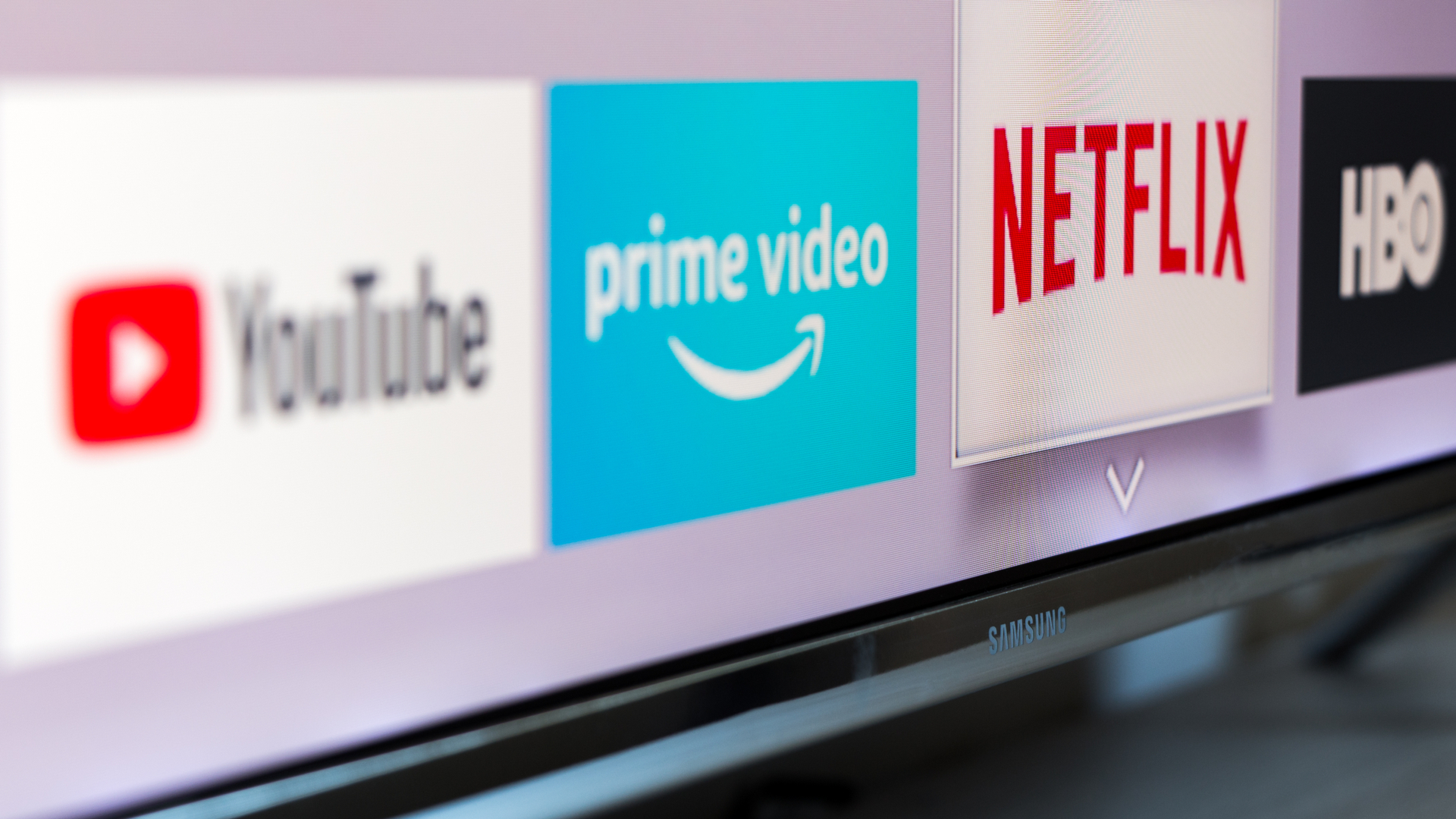
Services like Netflix, Disney+ and Amazon Prime Video may soon face extra rules for operating in the UK under government plans. The Department for Digital, Culture, Media & Sport has released a statement which says regulation will be considered for streaming companies to bring them in line with traditional broadcasters.
This makes sense as these services grow and produce evermore diverse programming. Unlike streamers, the UK’s TV broadcasters are tightly regulated and licenced with strict controls over maintaining balance and ensuring that taste and decency requirements are met. Failing to meet the standards can result in fines or, if failings were repeated and serious enough channels could lose their licence.
- Amazon Prime Video is depriving my eyes of pixels I've paid for
- Disney+ isn't a rival for Netflix, it's far better
Back in 2017 Fox News broke UK broadcasting rules, Ofcom found. Sky had already removed the US network from its platform by the time the judgement was handed down, so no fine was imposed. But in 2007 Channel 5 was fined £300,000 for using fake names and production staff posing as winners of its game show Brainteaser.
For the most part services like Netflix, Disney+ and Amazon Prime tend to broadcast shows that would be perfectly acceptable on traditional TV. But without a law requiring this it’s entirely possible Netflix could produce a conspiracy theory documentary which causes national panic, or Amazon could commission a second series of Richard Hammond’s The Great Escapists, which would violate the whole country’s human rights.
There are other disparities too, with product placement being very common on US TV shows, but requiring specific signposting on UK TV with a logo shown during shows which earn money from featuring products. Were Ofcom in charge of streaming services it’s possible it would extend the broadcast rules to streaming services too.
Oliver Dowden, Secretary of State for Digital, Culture, Media and Sport said in the statement, “Technology has transformed broadcasting but the rules protecting viewers and helping our traditional channels compete are from an analogue age. The time has come to look at how we can unleash the potential of our public service broadcasters while also making sure viewers and listeners consuming content on new formats are served by a fair and well-functioning system.”
The government is also looking into the future of Channel 4, which it may privatise. The broadcaster, which has an ad funded income of around £1 billion per year needs more money to compete with larger broadcasters and private investment could help secure that. However it puts the public service broadcaster at considerable risk of being swallowed by a global media conglomerate.
Get all the latest news, reviews, deals and buying guides on gorgeous tech, home and active products from the T3 experts
Channel 4 is currently owned by the government, although it generates its own money to produce programmes. It was designed to offer a different output to the licence-fee funded BBC and entirely commercial ITV.
Ian has been involved in technology journalism since 2007, originally writing about AV hardware back when LCDs and plasma TVs were just gaining popularity. Nearly 15 years on, he remains as excited about how tech can make your life better.